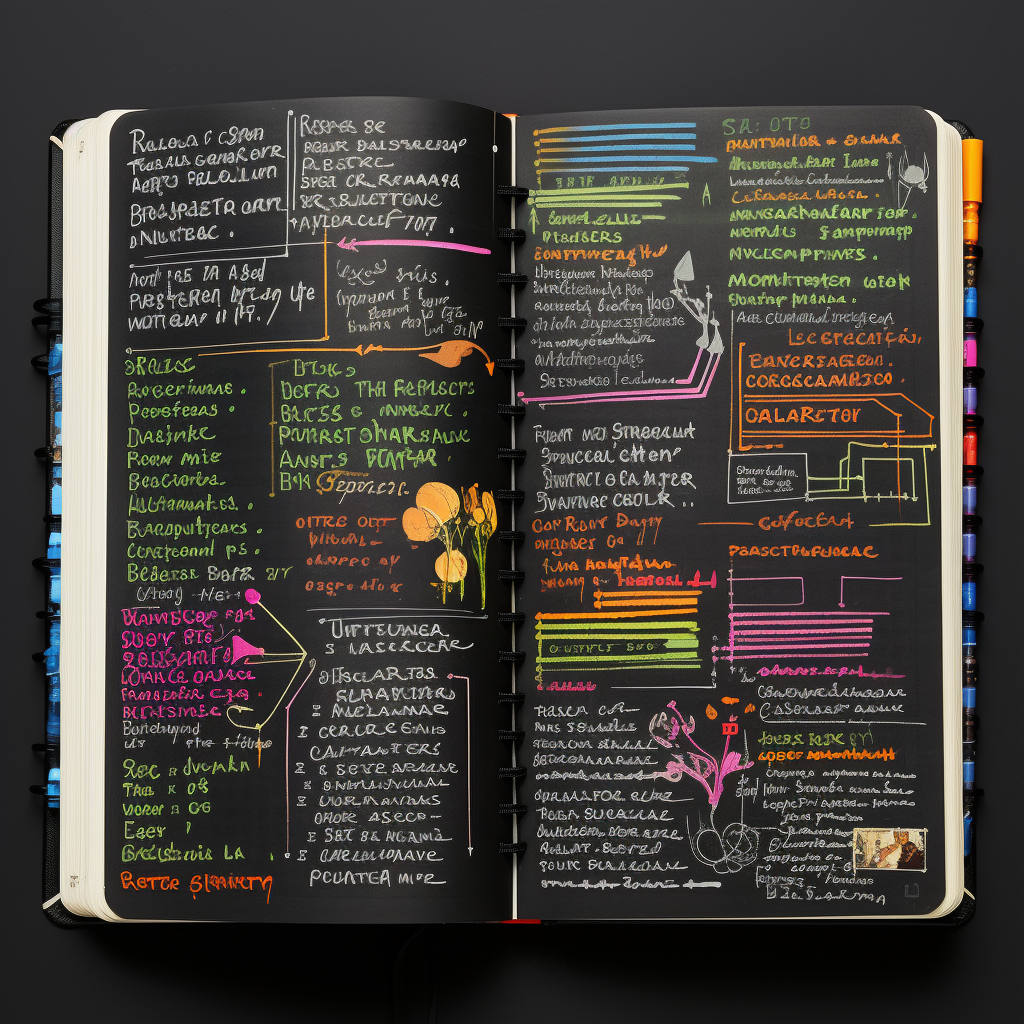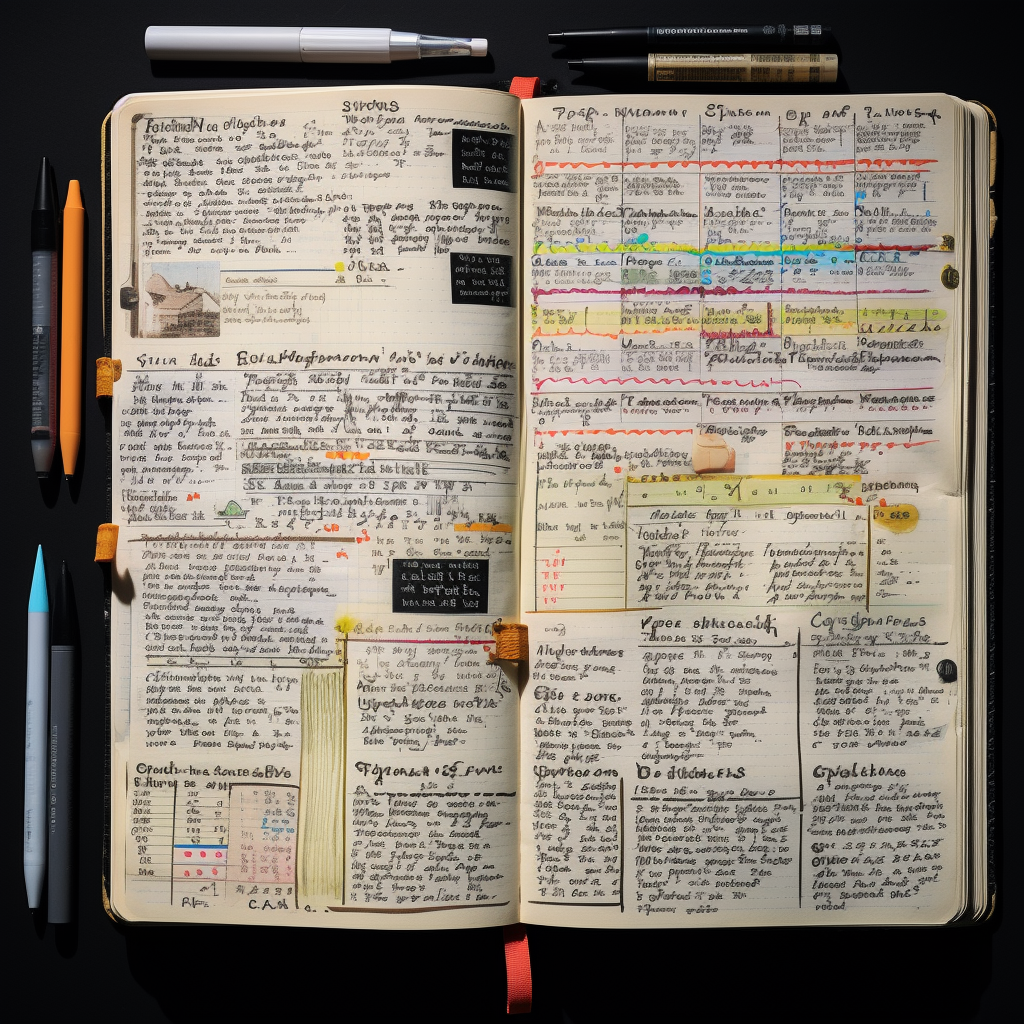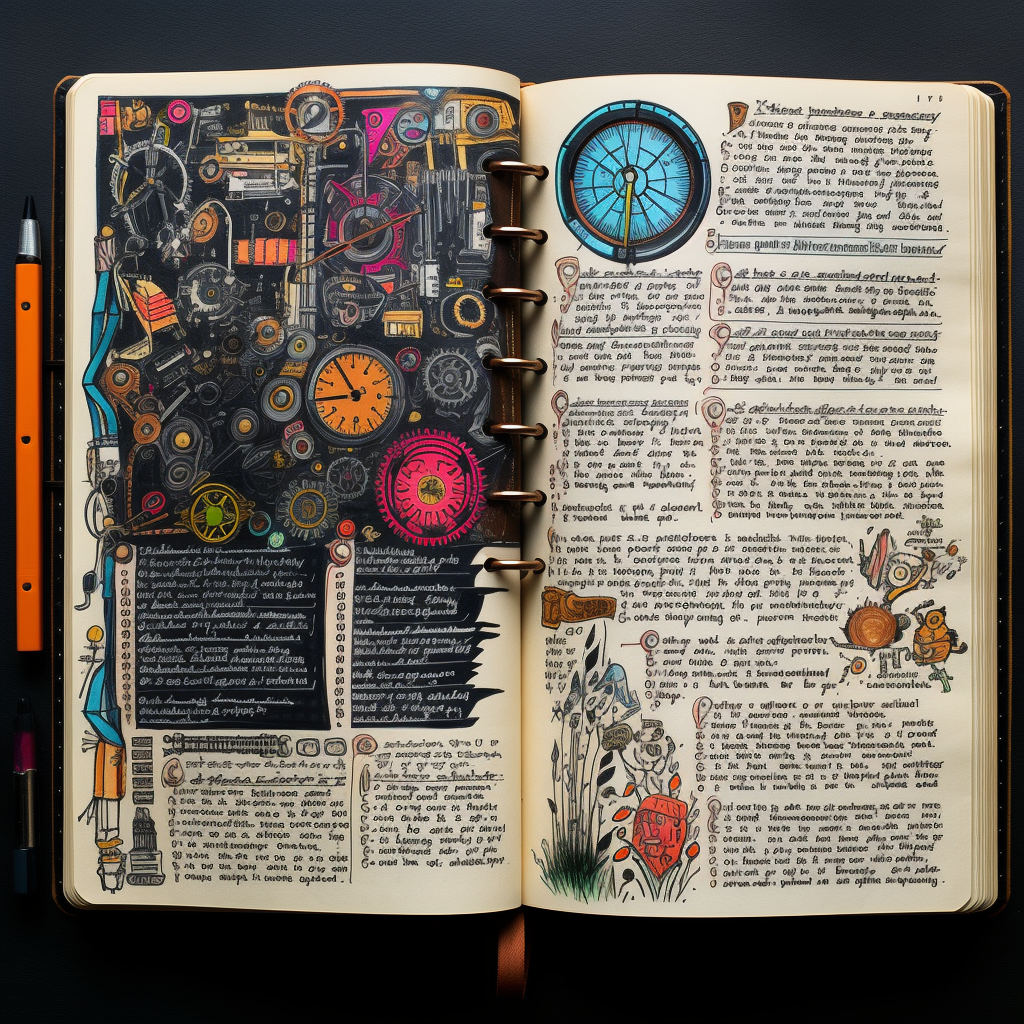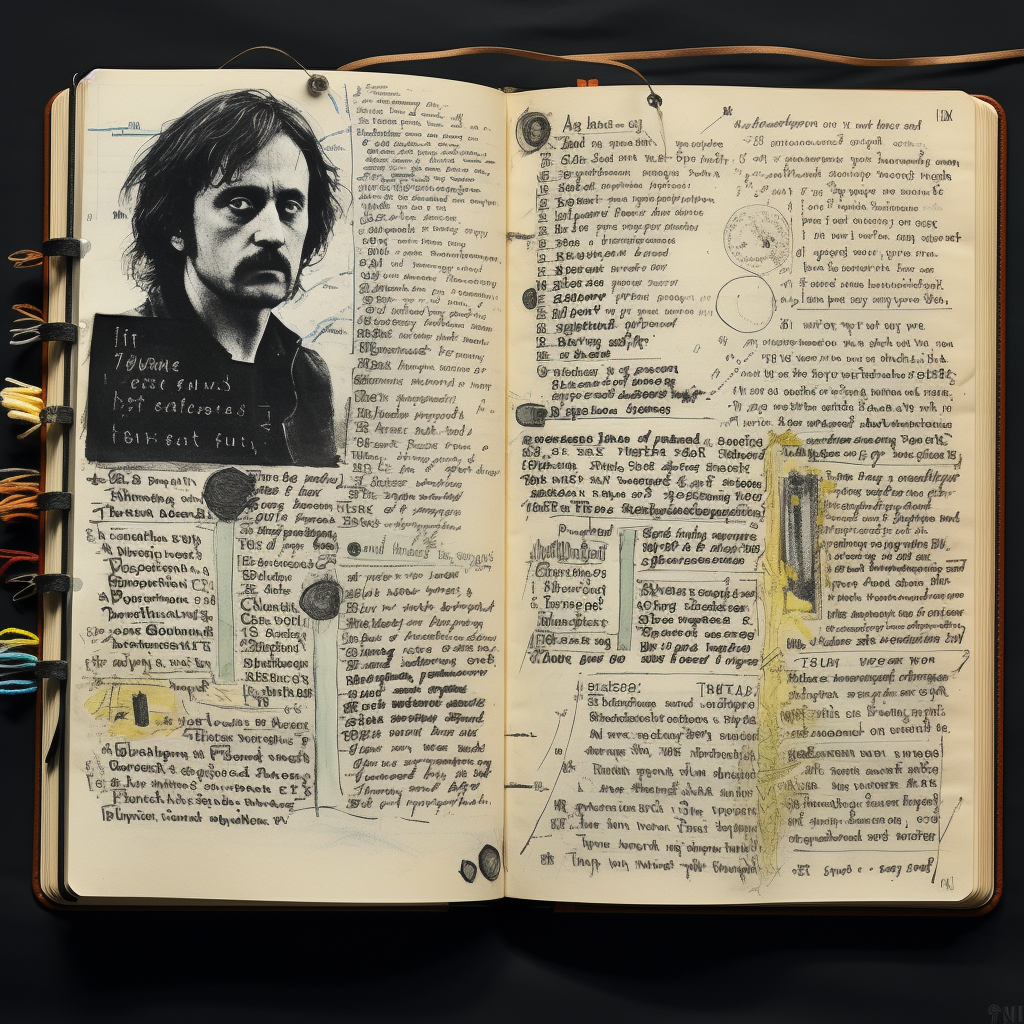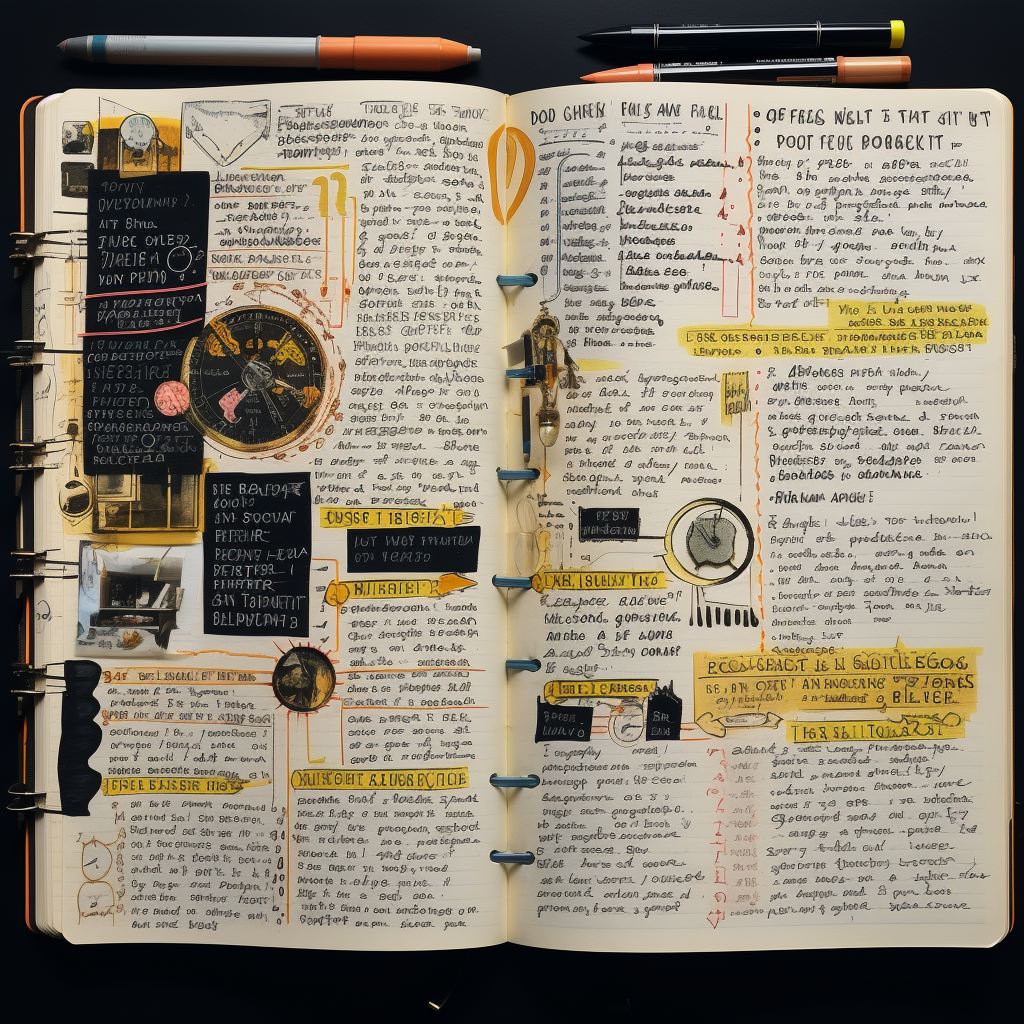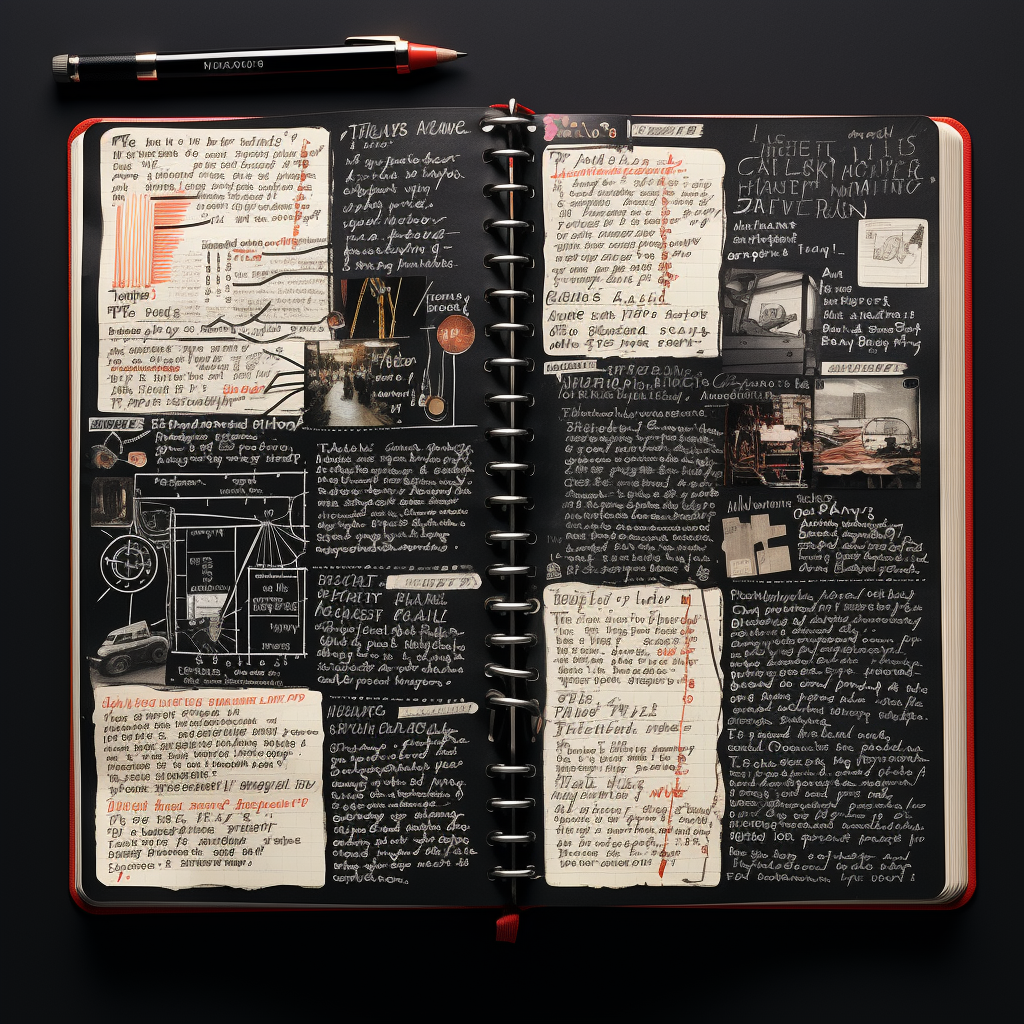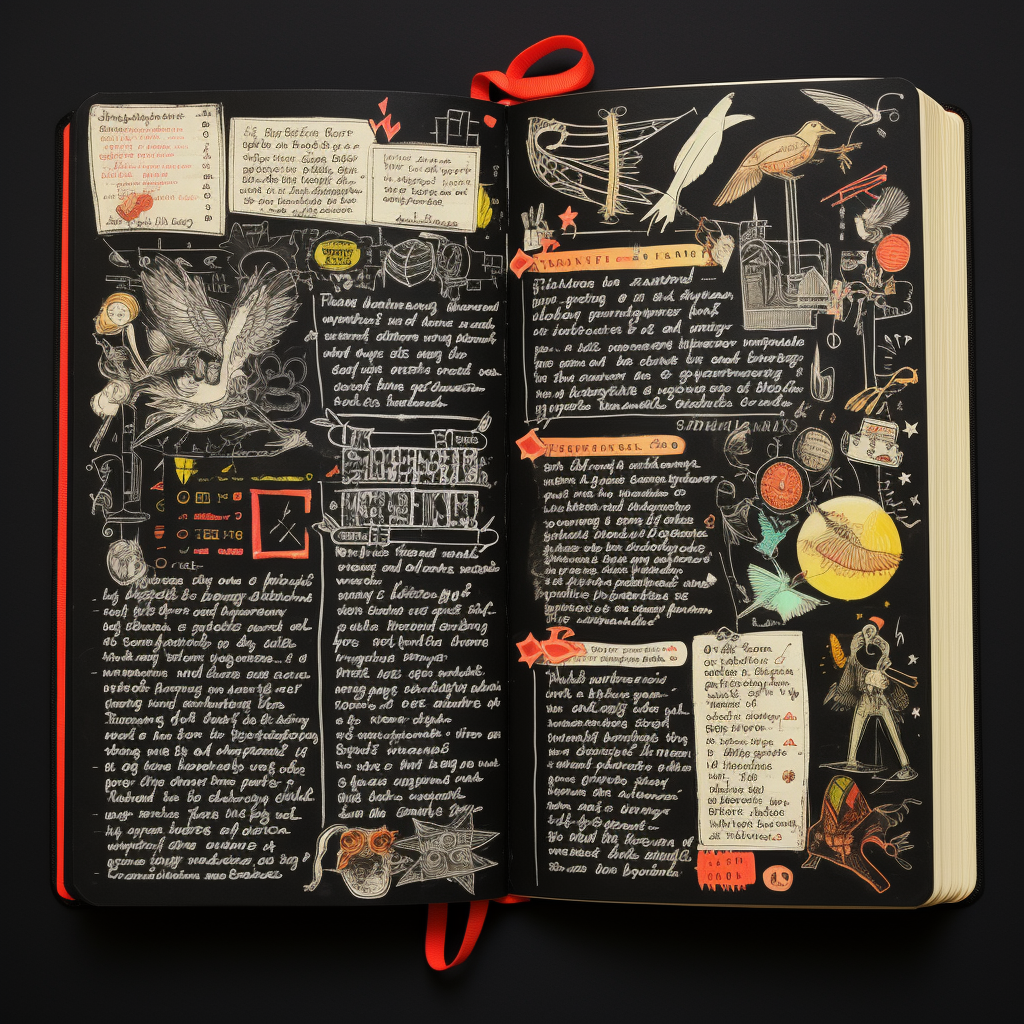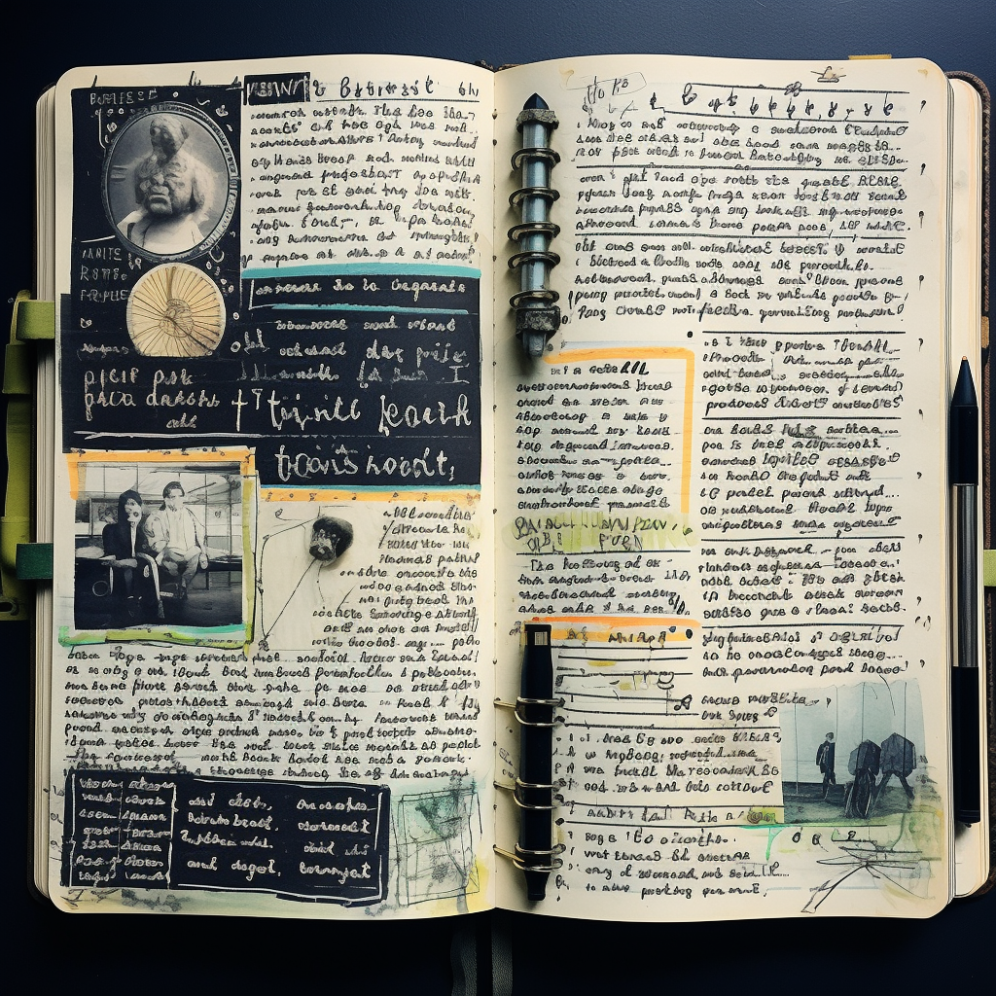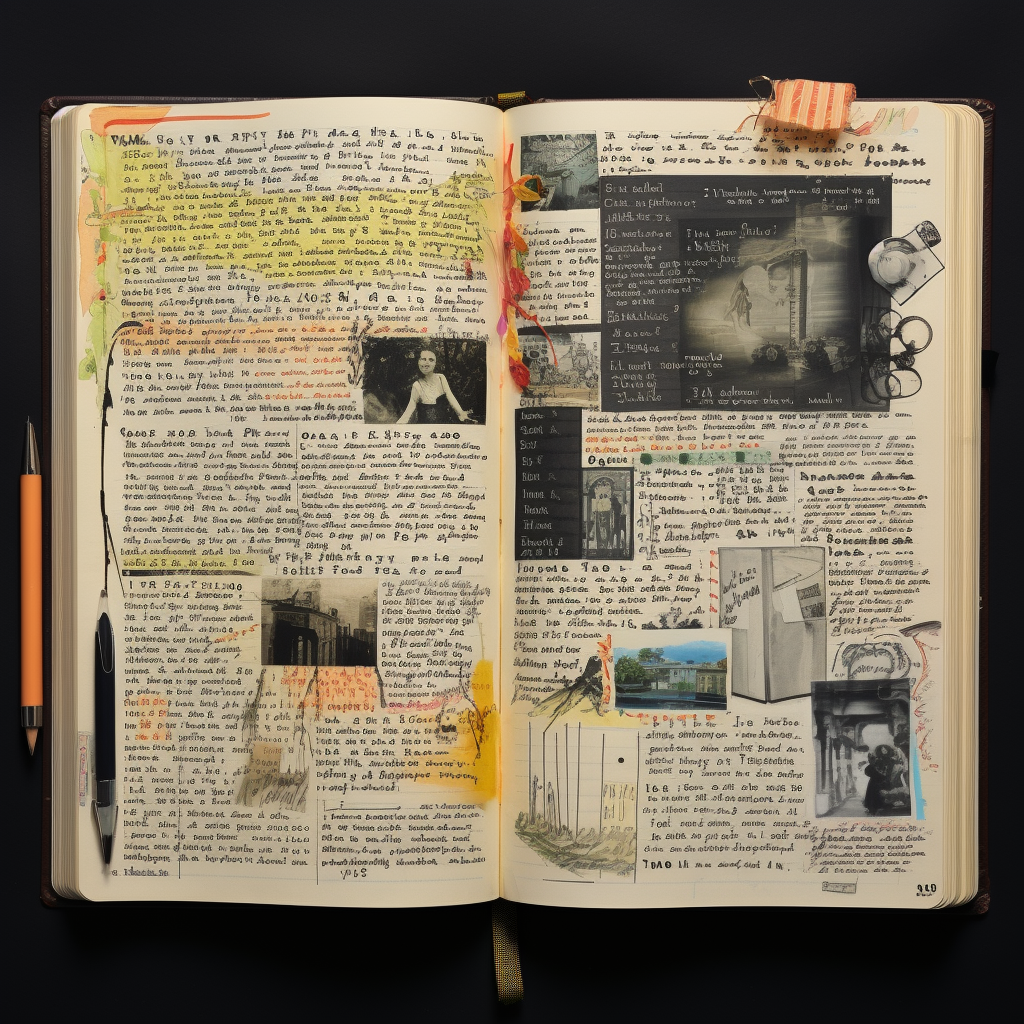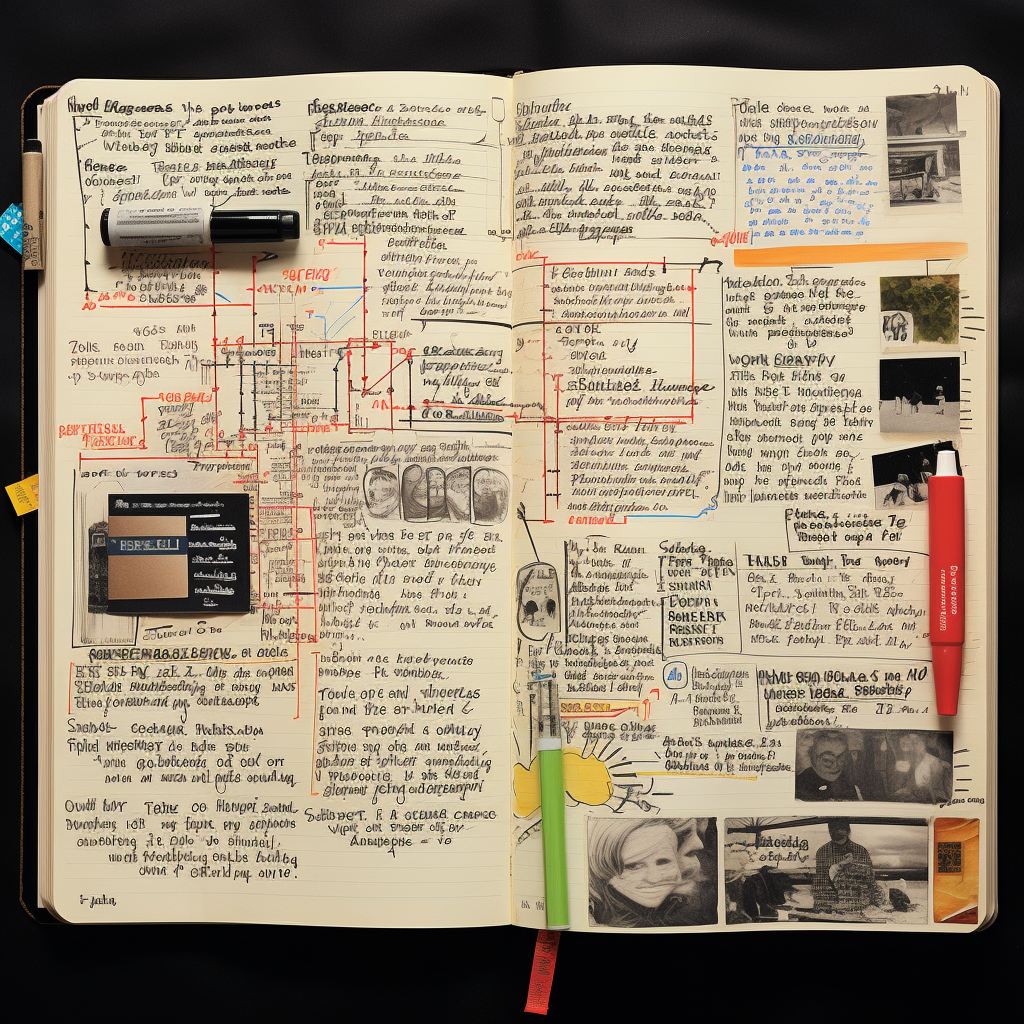Adverbs
From Stephen King's The Stand:
“Huh!” Harold said, squeaked actually (adverb of manner).
Replacement: “Huh!” Harold squealed.
“Go away!” he yelled tearfully (adverb of degree).
Replacement: ”Go away!” he bawled.
He looked up at her finally (adverb of relative time), his face tear-streaked and still wanting to blubber. “I want my mother,” he said simply (adverb of manner).
Replacement: He met her eyes at last, his face tear-streaked and still wanting to blubber. “I want my mother,” he added.
“You’re already getting one,” she added critically (adverb of degree), looking at his shoulders.
Replacement: “You’re already getting one,” she carped, looking at his shoulders.
From J. K. Rowling's Harry Potter and the Prisoner of Azkaban:
There was a ringing silence. Everyone's eyes were on Lupin, who looked remarkably (adverb of degree) calm, though rather pale.
Replacement: There was a ringing silence. Everyone's eyes were on Lupin, who looked tranquil, though rather pale.
"Not up to your usual standard, Hermione," he said, "Only (adverb of attitude) one out of three, I'm afraid. I have not been helping Sirius get into the castle. . ."
Replacement: "Not up to your usual standard, Hermione," he said, "Just a third, I'm afraid. I have not been helping Sirius get into the castle. . ."
Reflection:
I’m learning here that use of adverbs is a strong tool in the editor’s toolbox in reducing redundancy and tightening sentences to be crisper and cleaner, just as much as they are a means of intensifying what’s happening. While I greatly enjoy the use of antiquated language Yagoda describes in his New York Times article, and the broadening of my vocabulary which it motivates, it also reminds me that I am rarely the recipient of my own writing. In particular, the reordering and removal of adverbs is an editing discipline which requires rigor, and the deliberate effort which comes from a deep focus on the reader, not the writer. We enjoy King and Rowling as writers, but it is the way in which we complete the loop as readers which brings their words to life, and how at times adverbs can be disruptive to the flow of our reading. I don’t agree with King that the ‘road to hell is paved with adverbs’, but I do recognize that there are efficiencies which come from the ordering of words motivated by adverb removal.
Practically, I had some challenges with refining the adverb in ‘He looked up at her finally‘, and while I eventually got to a solution for it, where I landed doesn’t feel as crisp as I’d like, really because I needed to wrestle with what exactly was being modified by the adverb (him looking up) and reconciling where the looking up was being directed (at her). I was able to neatly substitute ‘at last’ for ‘finally’, but then I still needed to reconcile who was looking and at what. ‘He met her eyes at last’ rearranges to the same sentiment in removing the adverb and includes the subject and the object of the looking. It’s more succinct than it’s original, but still feels a little awkward.






















